|
It was time for a break. A week off on the west coast. We looked at the weather forecast, but didn't pay much attention to it. We had decided to go, whatever the weather. The trick is just to get out in it. If it's fine in the morning, don't delay a walk on the beach until the afternoon. It could well be raining by then. It could be raining in an hour, or in half an hour. That's the beauty of the west coast, in many ways. The constantly changing light, the endless shades of the sea and sky and how they sometimes seem to merge into one. Skye disappears behind thick banks of raincloud, only to reappear with bright shafts of sunlight illuminating its eastern slopes and shores.
One day we had a wonderful trip to Applecross. The day started grey and damp, but we headed there, undaunted, stopping at Torridon on the way. The General Stores there have lovely home baking and good coffee, so a stop there was a must. The Gallery is worth a visit too - it's in the community centre there and has a wide range of work by local artists (including yours truly). I dropped off some cards there too. Delighted to have another outlet. Applecross was looking picture-postcard perfect. Blue sky, blue sea and throngs of holidaymakers enjoying what the Inn had to offer. We availed ourselves of the food and drink and very good it was too. The return journey was made via the Bealach na Ba (pass of the cattle), which I was more familiar with approaching from the other direction. We spent many family holidays in Lochcarron, including New Year and Easter. If the weather was cold enough, we would make the trip to the top of the Bealach and skate on one of the little lochans there. After my father had tested the ice, of course. A hard frost for 3 nights or so was all that was required - and no snow to spoil the ice, of course! The view down to Kishorn from the Bealach brought back memories too. There was no sandy beach in Lochcarron, so in the summer if the weather was fine and warm, we would drive over the hill to swim at the sandy beach at Kishorn. One memorable summer, the mackerel came in to the shore, after sprats, which they drove boiling to the surface. I have vague recollections of my brother and father running along the shore with buckets, scooping fish out of the water. Or maybe that was the story that was told. Somewhere, there is a set of family diaries which were kept during those holidays. This year, history moved on and it was my son who brought back a great catch of mackerel from a successful fishing trip.
0 Comments
I should have known better. All the signs were there. The lashing rain and howling wind which had beaten at my bedroom window all night. The fact that I had to wait for a semi-dry five minutes in which to load my luggage into the car. A small rucksack was blown across the ground and into a puddle. And then there were the fire crews pumping water out of the burn next to the butcher's shop, which is opposite the newsagents, in an attempt to stop the burn bursting its banks. The newsagent and the butcher were standing watch over some sandbags at the door to the latter's shop. Another fire crew (all volunteers) was pumping water off a the car park between the Chinese takeaway, the community centre and the local supermarket.
The burn in the left hand picture above had been just a little trickle the day before. Now it was a swollen, raging brown torrent. I was glad that the new bridge was still intact. Luckily it has been built quite high above the stream bed. The sea was frothing and churning; the first half-mile or so of it brown with peat and silt and detritus carried into it by streams and rivers. Such a contrast to the blue seas and skies of the previous days. I discovered that the road north was blocked by a landslide, so decided to take the road south. Glad that I had checked the road conditions before setting off, I was only a couple of miles on the road when I encountered a pickup reversing along the road ahead of me (in the same direction as I was going). I followed it; not the most sensible move, as it turned out. It reversed to a point beyond the pickup in the right hand photograph above. In the middle of the road was a black minibus. Stuck. In floodwater. Attempts were made to tow it out. It seemed that there was difficulty attaching a tow rope. I waited patiently, in what appeared to be shallow water, neatly in at the side of the road. I put on my hazard warning lights and watched with slight concern as vehicles started to pull up behind me. A police car appeared. Attempts to tow the minibus were aborted. Four men pushed it along the road past my car and out of the water. I was probably about a hundred yards from where the water on the road started. I took a mental note of where the water level was under the pickup parked in front of me. When I first drew up behind it, the water was about half way across, under the chassis. It was rising. Not that fast, but it was rising. Inexorably. And the water I could see out of my driver's window was flowing. Flowing and quite deep. Six inches, perhaps. It did not seem sensible to try to turn. The other side of the road had effectively become part of the river, which had burst its banks. I asked the policeman, as he passed in his luminous yellow/green suit, if he intended to close the road. "As a last resort" was his reply. And he told me to stay put. He started letting lorries and four wheel drive vehicles pass along the road, in the opposite direction from the way I was facing. By now the cheery chap in the pickup in the photo had headed safely through to the other side. From where I was, I couldn't see round the corner, to where a queue of traffic was building up. The Westerbus came through, a couple of Landrovers, a big lorry which went too fast and caused a great wake to slosh alarmingly at the underbelly of my wee car. It was when that happened that I realised I needed to get out of the situation as soon as I could. I could see how easily a car could end up in water that was too deep for it, and get washed away, or at least become impossible to control. A fire crew arrived and guided me, reversing, to a place where the water was not too deep and I could turn. I headed back to the village and waited to hear if the road reopened. It did not; not that day or the next. I took the road north, later on. It was passable with great care, after the landslide had been cleared. But the whole episode made me think. Quite hard. We make choices all the time, every day. And those choices affect what happens. If I had set out an hour earlier, the minibus might not have been stuck, the water level would almost certainly have been lower, and I might have got through. If I had set out half an hour later, I would have seen the tailback and not been the first car in the line. If I had not followed the pickup into the water, I wouldn't have had a rather worrying hour's wait. If I had taken a stranger's advice and turned my engine off while waiting, would my engine have re-started or would I have had to be rescued? If I had listened to friend's advice, I would not have set out at all, and would not have had this tale to tell. |
Archives
February 2024
Categories
All
|
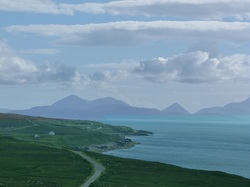
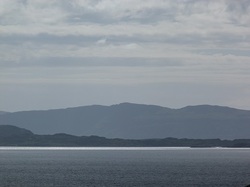
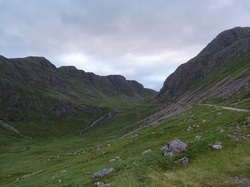
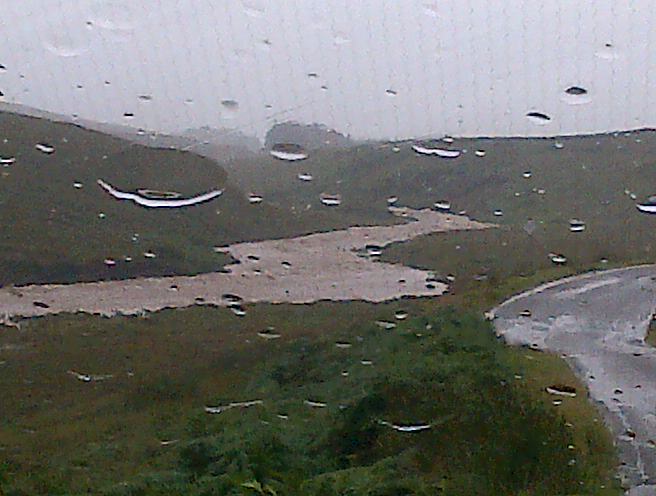
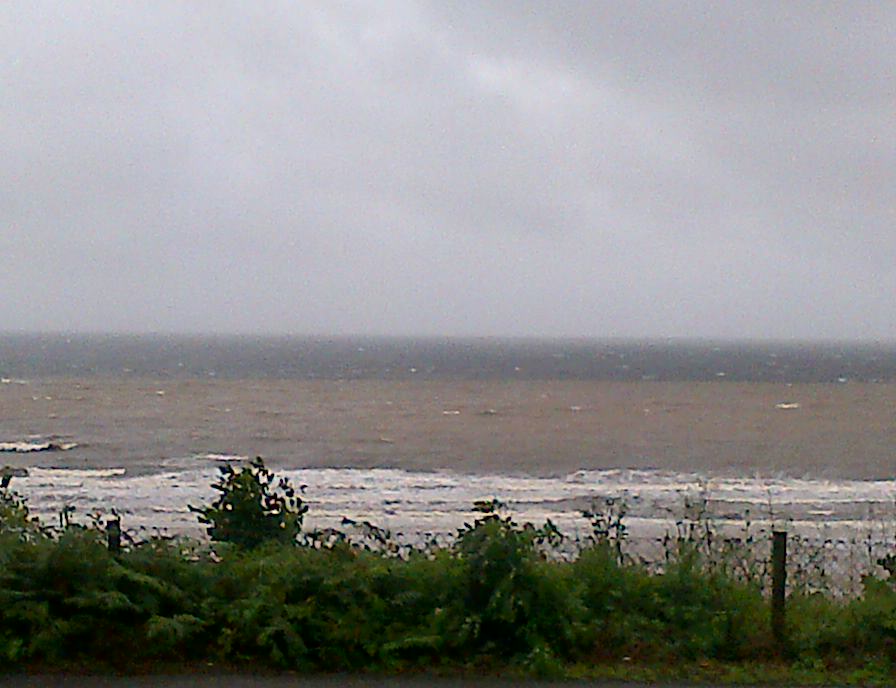
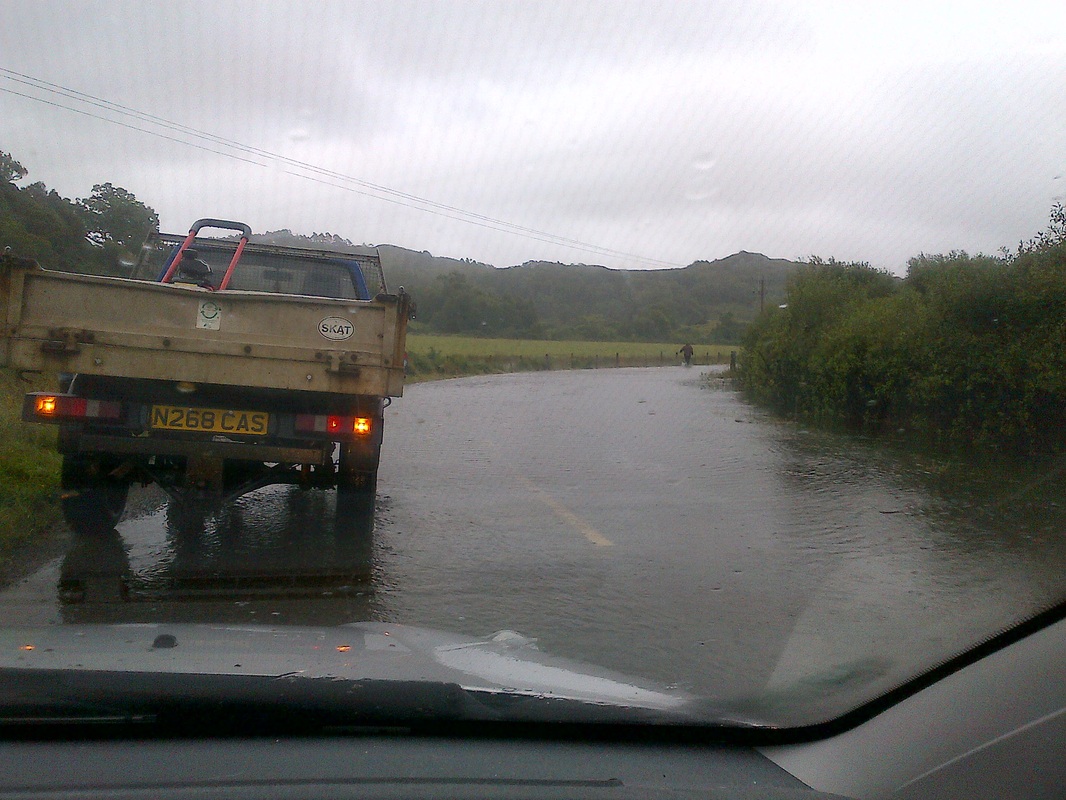
 RSS Feed
RSS Feed